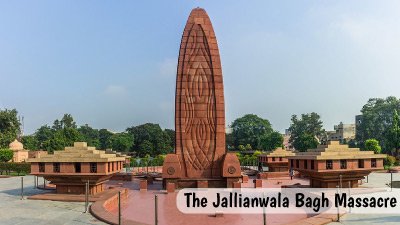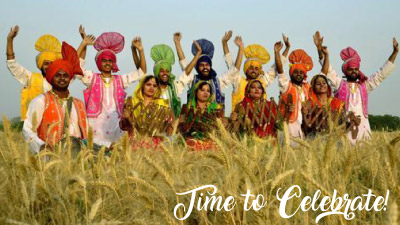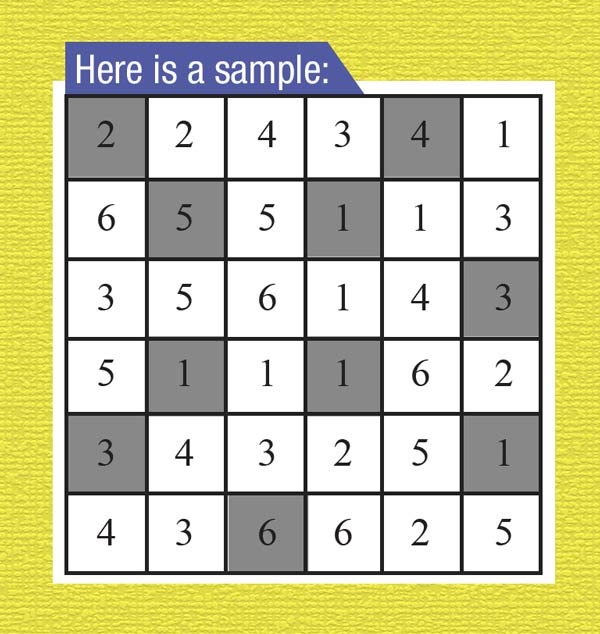Children around the country sent in stories to the ‘Lost in Time’ contest conducted by Young World Club. Presenting the winners…

Children from around the country got creative and submitted stories to the ‘Lost in Time’ contest conducted by Young World Club in association with Puffin Books. Presenting the winners, in alphabetical order! (Click on the names to read their stories)
Juniors (10 years and below):
Seniors (11 years and above):
If your name is on the above list, you will receive exciting prizes soon!
Here are the participants whose stories did not make it to the final list of winners, but were really impressive:
Juniors (10 years and below):
Aditi Thomas, Mumbai
Akileshwar Ramanakumar, Chennai
Akshath Panicker, Bengaluru
Apuravanshu Sharma, Hounslow
Aritro Ray, Hyderabad
Arpita Bhat, Hyderabad
M. Dinakar, Kalpakkam
Gayathri G, Hosur
Gayatri Anantharaman Iyer, Faridabad
Gayatri Arun, Kottayam
Geetanjali Deepak, Ernakulam
Jeevaa L Biju, Bengaluru
Jiya Goenka, Kolkata
Lavanya, Barnala
Navaneeth Krishnan H, Kochi
Nila Kathir, Chennai
Parvathy Ramprasad, Bengaluru
Prarthana Padmakumar, Thiruvananthapuram
D. Ruppeshwari, Chennai
Sahasra Sridhar, Chennai
Sameer Gandhi, Hyderabad
Shamik Saraswati, Bengaluru
Shrinidhi Srivatsan, Chennai
Tanay Vimal, Bengaluru
S. Tushar, Raebareli
Unnati Kumar, Kolkata
Vedant Anand, Chennai
Vedika Vijay Ramnath, Kochi
Seniors (11 years and above):
Abhyudaya Mishra, Ghaziabad
Aditya N Bharadwaj, Bangalore
Anshika, Hyderabad
Aprameya H Iyengar, Lucknow
Farzana, Thiruvananthapuram
Gokul Ravikrishnan, Thiruvananthapuram
Megha, Mumbai
Michelle Anne George, Bengaluru
Ritu Ranjan, Begusarai
Rohan D, Bengaluru
Shreya Sevelar, Chennai
Congratulations to the winners and participants!











